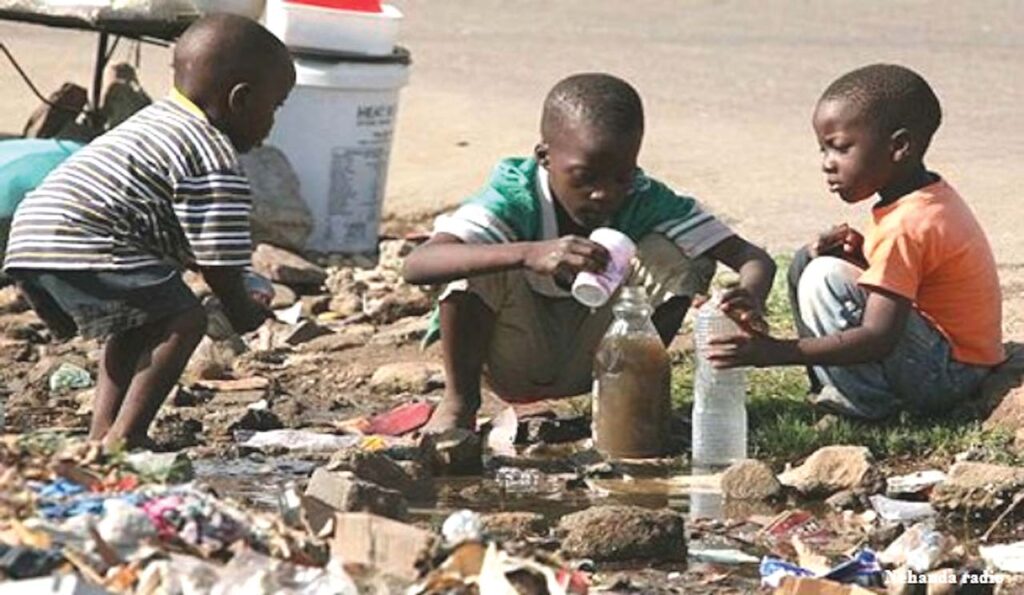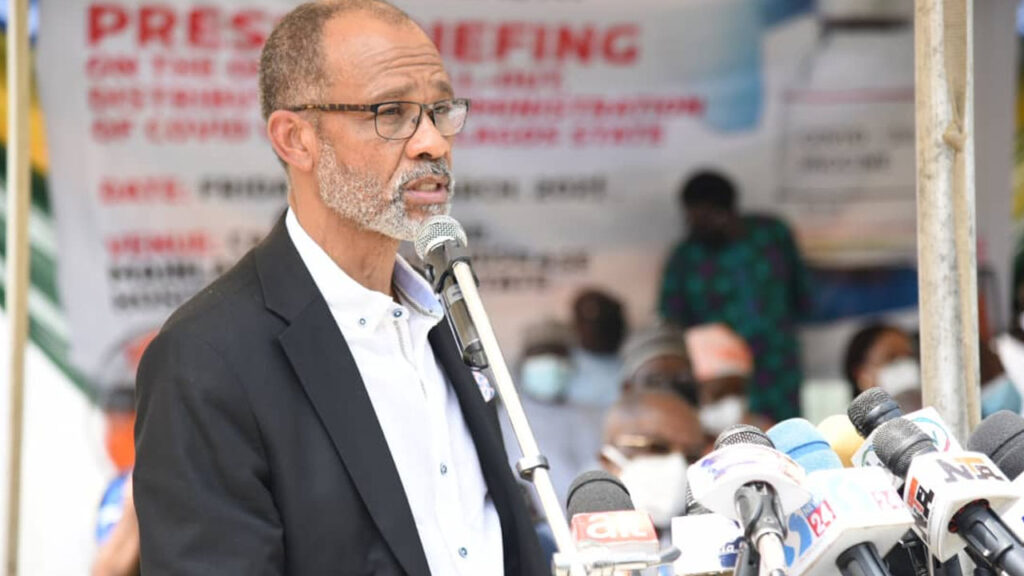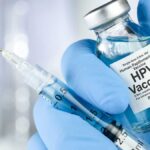
Nigeria has a substantial cancer epidemic, with breast, cervical, prostate, and liver cancers being the most prevalent types. According to the GLOBOCAN report for 2020, Nigeria accounted for 11 per cent of all new cancer cases in Africa.
An estimated 125,000 Nigerians are diagnosed with cancer each year, and the disease claims the lives of nearly 80,000 Nigerians yearly. Due to a low rate of early detection and restricted access to facilities for treatment, the outcomes for patients with cancer in Nigeria continue to be poor. The government of Nigeria should place a high priority on expanding access to quality cancer care for its citizens.
Cancer care in Nigeria faces a number of difficulties, including poor public awareness on cancer, lack of adequate screening programmes for early detection, poverty, lack of adequate infrastructure, insufficient funding, inadequate number of trained healthcare professionals, unavailability of affordable drugs, and dearth of research on cancer prevention and treatment that is focused on the Nigerian population. Access to cancer care in Nigeria could be greatly improved by addressing these issues.
Insufficient cancer funding is one of Nigeria’s most crucial issues affecting cancer care service delivery. It is imperative that we prioritise this issue and take concrete steps to increase funding for cancer care in Nigeria. Patients who cannot afford cancer screening and diagnostic testing often present to facilities at advanced stages, resulting in poorer treatment outcomes. At the hospital, the majority of these patients pay out-of-pocket for their care with very limited insurance coverage. This accounts for a lot of treatment abandonment and catastrophic spending for patients.
Expanding the National Health Insurance Scheme to cover cancer screening, diagnosis, and treatment will reduce the financial burden on patients and improve their access to quality healthcare services. Third-party organizations providing health insurance should also be encourage, including coverage for cancer services.
This will ultimately lead to early detection, better treatment outcomes, and a reduction in cancer-related deaths in the country. In addition, generating funds to subsidise cancer treatments not covered by insurance services would substantially improve treatment uptake.
Improving infrastructure is crucial for enhancing cancer care. In Nigeria, there are very few medical facilities that provide comprehensive cancer care, including surgical services, chemotherapy, and radiation therapy. More than half of patients who have cancer in Nigeria would require radiation therapy, however, Nigeria currently has only seven functioning radiation therapy centers serving over 200 million people, which implies poor access to radiation therapy for the bulk of people.
Some of these centres still suffer from challenges such as lack of appropriate equipment and technology to deliver quality treatment, limited manpower and source replacement, and lack of treatment planning systems. In addition, the majority of these centres lack cancer registries, which results in lack of access to true data on incidence and survival rate in the country. The government’s efforts to upgrade existing healthcare facilities to enable them to provide oncology services, as well as partnering with private organizations to build new oncology facilities, can be helpful in improving cancer infrastructure in Nigeria.
There are limited numbers of cancer-health workers in Nigeria and the ongoing brain drain has worsened it. There are currently less than 100 consultant oncologists in Nigeria and there are limited postgraduate training programmes for health workers willing to specialise in oncology in the country.
To address this shortage of manpower, the government needs to invest in training programmes for oncology personnel. This will not only increase the number of oncologists in the country but also improve the quality of cancer care provided to patients.
Additionally, it is important for the government to provide incentives such as scholarships and grants to encourage more health workers to specialize in oncology. Other strategies include collaborating with academic institutions and other bodies in high-income countries to provide remote trainings for healthcare personnel in the country.
In the same vein, it is important to address the underlying issues that cause healthcare personnel from Low and Medium Income Countries (LMICs) to leave their home countries, such as poor working conditions, low salaries and lack of opportunities for career advancement. By addressing these issues, we can create a more sustainable solution to the shortage of oncology healthcare personnel in LMICs.
Cancer research provides an avenue to tailor recommendations to individual patients based on their unique genetic makeup and improves treatment outcomes. This personalised approach can lead to more effective and efficient cancer care and control in the country, ultimately reducing the burden of cancer on patients, families, and the healthcare system. Additionally, cancer research can also help identify risk factors and develop preventive measures to reduce the incidence of cancer in the population. In Nigeria, there is limited research due to limited funding for research.
Efforts should be made to increase funding for cancer research in Nigeria to improve the understanding and treatment of the disease. Increased funding for cancer research in Nigeria will not only benefit the country but also contribute to the global fight against cancer. By supporting local cancer researchers in Nigeria, we can promote equity in research and ensure that diverse perspectives are represented in the development of effective cancer treatments suitable for Nigerians.
•Dr. Adedayo Joseph is a Clinical Radiation Oncologist and the Research Programme Director of NSIA-LUTH Cancer Centre.












